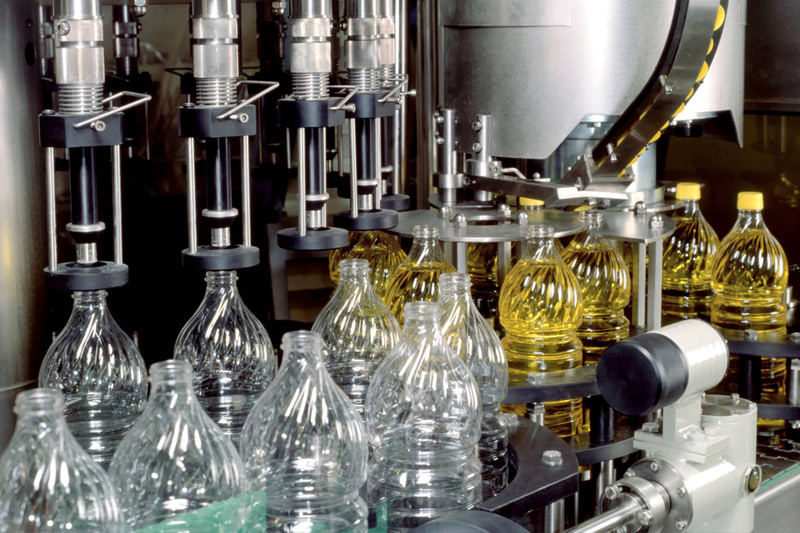* China seeks to reduce foreign material it allows per
shipment
* Looking to impose same standards as on Canadian canola
* Australia was seen exporting 250,000 T to China in 2015/16
By Colin Packham
SYDNEY, Feb 26 (Reuters) - China is pushing for tougher
standards on canola imports from Australia and is looking to
reduce the amount of foreign material it allows per shipment, in
order to curb the threat of fungus, sources familiar with the
talks said on Friday.
The move is the latest salvo by China in what is seen by
traders as an attempt to cut arrivals of canola, also known as
rapeseed, and help sell down bulging vegetable oil stocks at
home. The country is sitting on about 5.5 million tonnes of
rapeseed oil, enough to meet demand for about a year.
China has already informed the world's top canola exporter,
Canada, that from April it would allow only 1 percent dockage or
the amount of foreign material, which could include seeds of
other plans or straw. The current allowable dockage per shipment
is 2-2.5 percent.
It is now in talks with Australia, the world's
second-biggest canola exporter, about rules on shipments and two
sources familiar with the discussions said China was looking to
impose the same standard as it has on Canadian cargoes.
"Australia is in discussions with China about establishing a
protocol for the supply of canola - foreign material levels are
argued by China to be a quarantine risk," said one of the
sources. "China has decided that minimising foreign material to
1 percent will fix the problem."
The Australian trade source said China was concerned that
blackleg fungus spores carried on plant debris could potentially
contaminate Chinese domestic production.
Australia's Department of Agriculture declined to comment on
talks, while China's quarantine authority, AQSIQ, did not
immediately respond to requests for comment.
China was forecast to buy 250,000 tonnes of canola from
Australia in the year to June 30, data from the Australian
Bureau of Agriculture, Resource Economics and Rural Sciences
shows. But the tight standards are now expected to curb
shipments and help China draw down local reserves.
The stricter dockage standard allows China to work through
high rapeseed oil stocks for the next year or two, an executive
with a major Chinese buyer said.
A second source said that while talks continue, committing
to that standard would provide a significant barrier to trade.
"It will be extremely difficult to meet that standard," said
the source, an Australian trader.
